Since the beginning of 2018, Yiou Home Furnishing has found that the frequency and amount of financing in the smart home field have increased significantly. As of March 9th, one-third of the 12 financing events occurred in the smart home field. Recently, as soon as the news of Baidu's strategic investment in Skyworth came out, the association of "smart home + artificial intelligence" once again shocked the public's imagination, and the battle for smart homes intensified.
Some clues can also be glimpsed from the recent exhibitions. At the 2018 CES exhibition, the imagination of smart homes in foreign countries seems to be greater. In addition to the novelty of products and the sense of technology, from the perspective of product market segments, about half of the products are concentrated in the field of smart homes. The sincere enthusiasm of Chinese companies for smart homes can not help but make people think: the era of smart homes is not far away.
At the domestic AWE exhibition, there were also many news about smart homes. Huawei announced the news of its smart home strategy at the AWE exhibition. Huawei will jointly launch the "Ten Billion Plan" with its partners, and make efforts at both B and C at the same time to achieve a tens of billions of dollars in HiLink household appliances within three years, and strive to build China in three years. Smart home is the first ecology. Xiaomi also put forward the "ecology theory". From the single product breakthrough to the establishment of the ecological chain, the works on the Xiaomi industry chain are also quite eye-catching.
We have also sorted out the smart home enterprise system. In addition to smart home startup companies, there are roughly three types according to the main business of the entering companies and the way they enter the smart home field, namely, traditional home appliance companies, Internet companies, and real estate. Quotient.
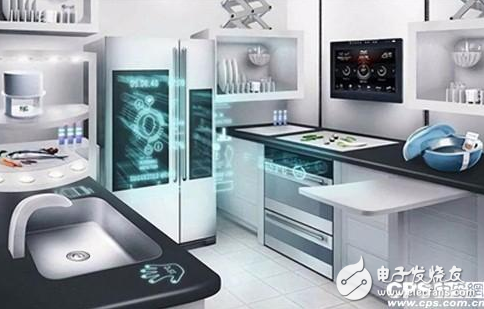
Veteran home appliance camp: no longer conservative, aggressive monster
Each camp has its own different characteristics. For example, the traditional home appliance company camp, old brand and conservative are no longer synonymous with them. In comparison, their transformation is more "radical". The most representative ones are Haier and Haier. It is an industry pacesetter for traditional home appliance companies to deploy smart homes.
In fact, according to the current stage of my country's smart home, it is still at the stage of smart single product control. Most of the products are more in form than content, which is far from the interconnected, scene-based smart home form. As early as 2014, Haier created the U+ smart life platform, seeking to break the intelligent "island". The layout logic of Haier U+ is: first establish a set of software agreements and first connect its own products such as refrigerators, washing machines, and TVs to become a platform. , And then let the products of other manufacturers join its ecosystem through the opening of the agreement. The whole sequence of thinking is to first upgrade its own products, and then attract partners to build an ecosystem together, including chips, modules, electronic controls, manufacturers, developers, investors, e-commerce, cloud service platforms, and cross-platform cooperation. The goal is to break industry barriers and establish a unified smart home interconnection standard.
In addition to Haier, Midea, Gree, Hisense, TCL, Changhong, and Skyworth have all entered the smart home field. After all, in the smart home field, traditional home appliance companies have natural advantages-wide offline channels and rich online data accumulation. Consumers have also established a certain degree of awareness. Regardless of the development stage of the smart home, these elements will be important weights for traditional home appliance companies, and they are the advantages that companies with other attributes cannot surpass in a short period of time.
Internet gene camp: technology cuts in, now a hundred flowers blooming
Because of the recent combination with artificial intelligence, the popularity of smart homes has increased again, and Baidu is very representative. In the field of smart home, Baidu's layout is relatively advanced. In the early days, it tried smart home products such as Baidu Chopsticks and Baidu Moyin. Although with the development of time, these brands have obviously faded out of people’s vision; in addition, Baidu still An intelligent hardware alliance has been established and a number of hardware products have been assembled. At the same time, in the cooperation with Skyworth mentioned above, Baidu’s conversational AI operating system DuerOS will be fully integrated with Skyworth’s Coocaa system. Both parties will work on artificial intelligence. A series of cooperation in the field, the intention to penetrate traditional home appliances with technology is very obvious.
In April 2016, Alibaba made a series of internal adjustments, including the establishment of Alibaba Smart Life Division. Alibaba's Smart Life Division has opened up high-quality resources such as shopping malls, crowdfunding, electrical stores, and Amoy girls, which can bring traffic support for smart home products.
JD’s path is similar to that of Alibaba, and both rely on the traffic brought by e-commerce. Whether it’s the JD+ plan, Smart Cloud, JD Weilian App, or various entrepreneur-related crowdfunding projects, JD.com has continued to deploy smart hardware and smart homes, and is also striving to build a collective smart home with an “open†mentality. The platform of the product.
Tencent’s actions in the smart home field seem to be a bit slow. It has not actively deployed the hardware field and has not explored smart systems in depth. The initial approach is to cooperate with hardware manufacturers. For example, in early March of this year, it reached a strategic cooperation with home appliance giant Changhong, based on Tencent Dangdang. The AI ​​assistant solution produced a new generation of Changhong smart TVs, and the "Tencent Smart Device Team" mainly used OEM authorization to enter the market.
One company that has to be said is Xiaomi. Xiaomi’s idea of ​​smart home deployment is to make products that are used in the home intelligently, and then use the launched APP Mijia to include all smart products, interconnect and interoperate, the ultimate goal It is to build a smart home ecological chain.
Another entry point for smart home is 360. Zhou Hongyi once said: "Openness" is the cornerstone of the ecosystem to be built by 360 smart home, including the three resources of brand, capability, and capital. In the future, it will contribute to the entire industry. The chain is fully open. From 360 smart cameras to security routers and children's smart watches, what 360 has been exploring is also the path for smart single products to get through the control center.
At present, the domestic products that have performed well in the market are still concentrated in smart single products, such as air purifiers, smart speakers, smart cameras, and so on. Therefore, some investors who wait and see in the field of smart home said that in the future, they will focus on the stability of smart items, the richness of functions, the degree of use of key memories, and the rationality and value of commercial scenarios. etc. This is why the Internet tends to start with smart single products when cross-border "robbing" the smart home market. This market segment is relatively more mature and stable, and the most important users have a high degree of acceptance.
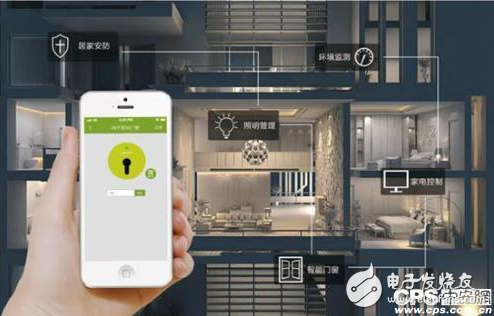
Real estate business camp: Silent layout, win-win cooperation
Recently, there is also a trend theory: smart home will become the standard in the real estate hardcover market. With the adjustment and promotion of the housing industry and national policies, the well-decorated houses that have flourished have become the "general trend" for a while. In addition, the market for "selling houses" is weak, and real estate developers have begun to tap the market for "selling services". Smart homes, as a business that relies on each other with real estate, have become a new target for profit growth.
In fact, as early as 2014, China Resources Land and Xiaomi were jointly exploring smart homes. In the same year, Evergrande also reached a pre-installed smart home cooperation with Haier. In 2015, Wanda also partnered with TCL to work on the Internet application and service platform. , Commercial display (including TV), IMAX theater, smart home system and other businesses to cooperate. ... .. And so on, there are countless cases of cooperation between real estate companies extending their hands to smart homes, but they often end up without a problem. The effect of the integration between the two is not very satisfactory, which has a lot to do with the level of technology that has not yet been broken through at that time. .
In the beginning of 2018, Vanke Hangzhou and Alibaba Cloud IoT signed a cooperation agreement. The two parties will build a whole-house smart system and smart park solution on the Alibaba Cloud Link platform.
Relatively active is also Country Garden. The Orange Home invested by Country Garden also announced its entry into the smart home field last year. It launched a smart suit with security as its core: a small guard with peace of mind and a smart housekeeper. In other respects, Country Garden has also joined hands with Anjubao to build Smart Community 3.0 in an effort to achieve a win-win situation; in cooperation with Midea to build a Midea Smart Home Country Garden smart model house, Country Garden has taken greater action than other real estate developers.
At present, the path taken by real estate companies is to create a hardcover service model through cooperation with other smart home system solution providers. The currently unopened market is expected to achieve breakthroughs in the development of technologies such as the Internet of Things and artificial intelligence.
The rise and fall of the smart home market depends on whether user habits are formed
There is more and more cross-industry competition from various forces, and there are countless large and small enterprises, which also gives people a feeling of "a hundred flowers blooming" or even "chaotic stewing", and this is exactly the situation.
Before the industry standard is formed, this situation will continue. Due to the difference in the interface of smart home products, it is necessary to form a unified standard. According to industry insiders, this is similar to the situation before the stable development of the security industry. Thanks to the unification of the government's standards-the introduction of the national standard, a jar of unstable water was finally cleared up.
If smart homes must go to that day before they can truly go to the "right path", the direction that companies must strive for now is to actively expand their market share, so as to be the first to gain sufficient voice.
Of course, such a statement must be based on the premise of whether smart homes are just needed. Many consumers will go to the smart home market to wait and see when they are decorating. When considering the renovation cost, they will eventually give up smart home solutions. Some consumers You will choose to embellish some smart items to enrich your life. Therefore, the high price also determines that the current smart home market has not been opened up and only meets the needs of some high-end housing, which has led to the conclusion that it may be "pseudo-demand". From this point of view, China’s future breakthroughs in the field of smart homes will also focus on how to cultivate consumer habits and the use of smart devices, so that emerging technologies and home scenarios can be better integrated.
1. PC-SVC series Servo motor control Voltage Regulator has the low energy consumption,the over voltage protection,the low voltage protection,the over-current protection,the over-loading protection,the over-temperature protection and so on.It boasts for many kinds of protections,the collection energy conservation and the environmental protection ect.This is a brand-new concept product which possess many new technologies!This series products simultaneously ha applied for many technical monopolies
We already applied many kinds of this products patent, and the technical patent NO: 200720036394.1 and Appearance paten NO: 200730025909.3
2. Use for equipment:
Computer
Test equipment
Light system
Safe alarm system
Ray equipment
Medical equipment
Copy machine
Stereo equipment
Numerical control machine tools
Industrial automation equipment
Color and drying equipment
Test equipment
Hi-Fi equipment
3. PERFORMANCE
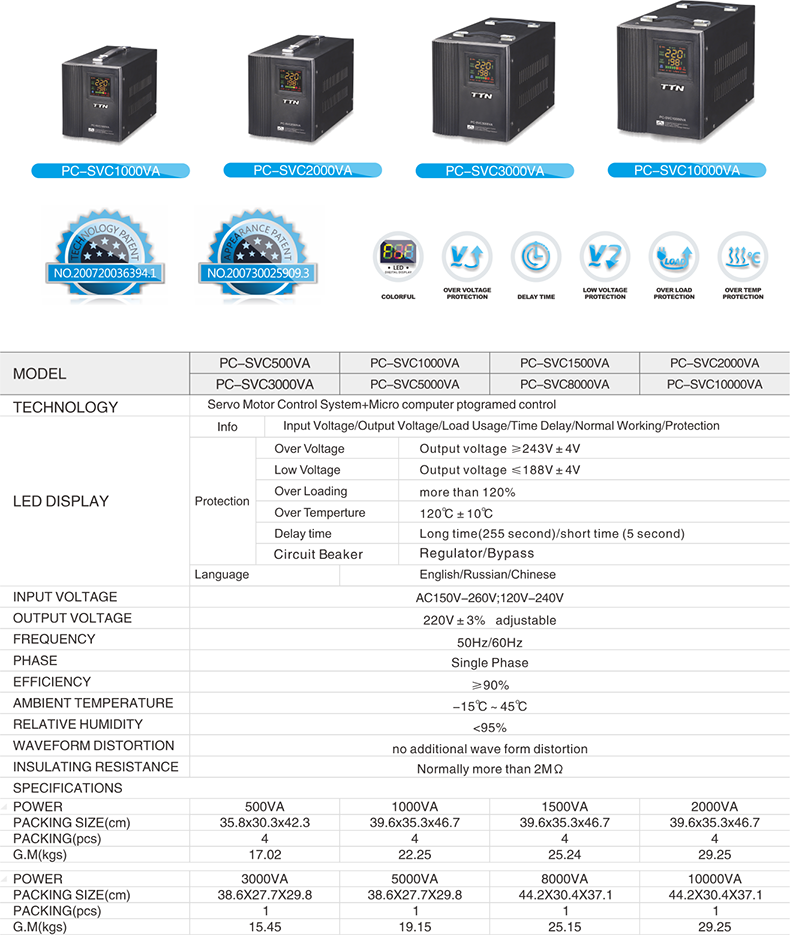

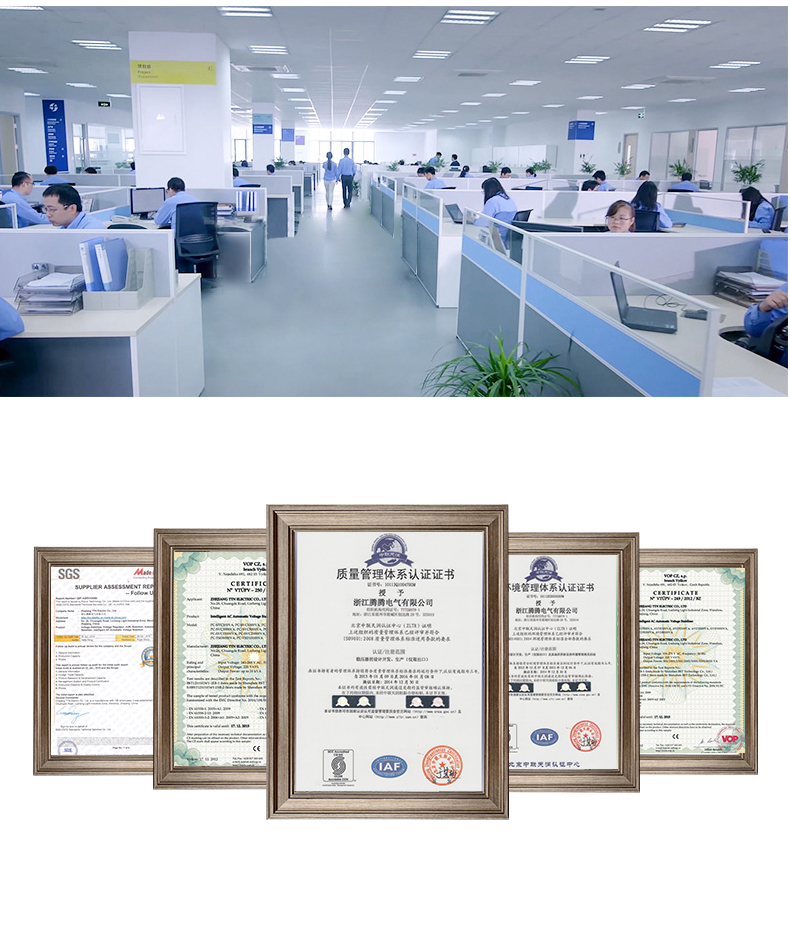
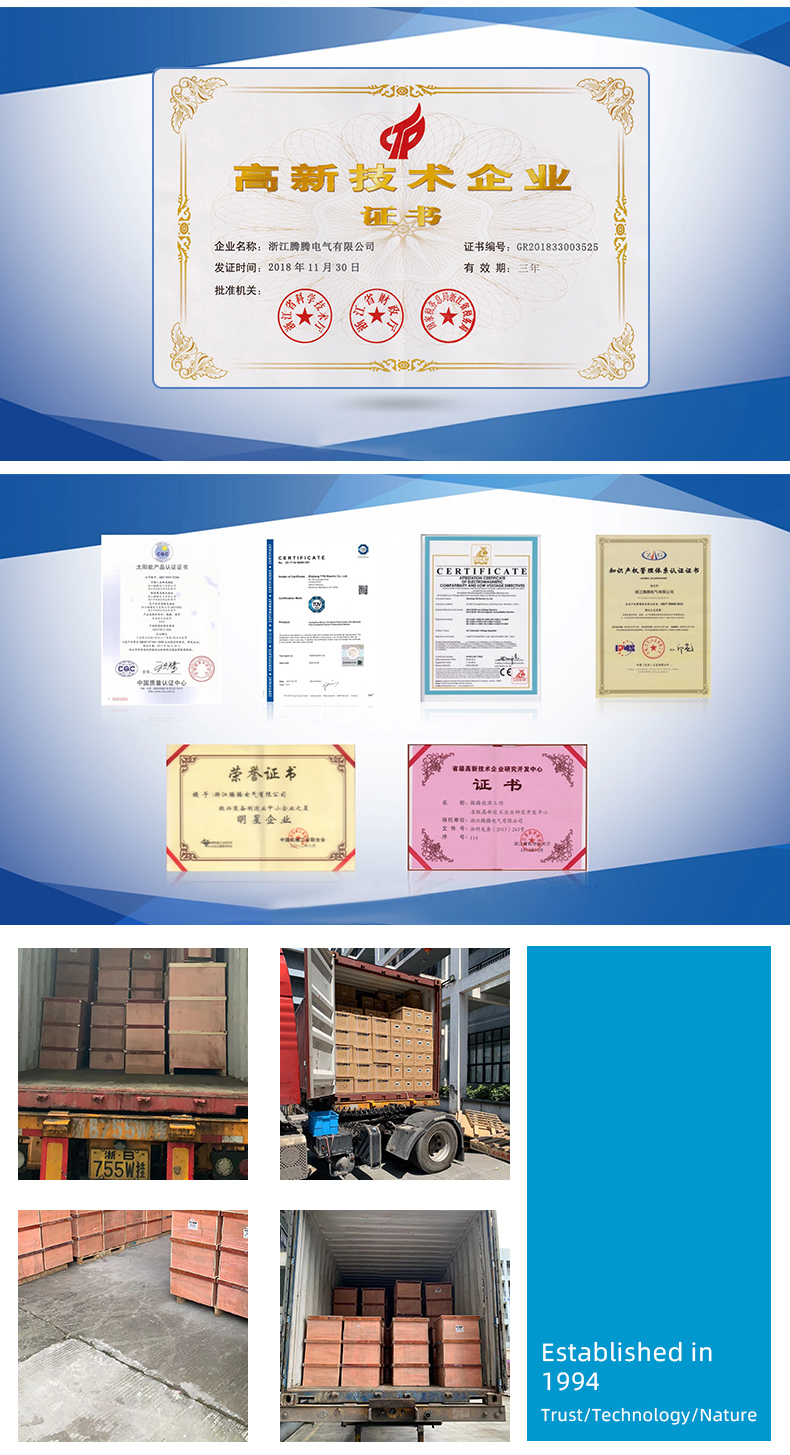
Servo Motor Voltage Regulator,Avr Servo Motor Type,Servo Motor Type Avr,Rc Servo Voltage Regulator
zhejiang ttn electric co.,ltd , https://www.ttnpower.com